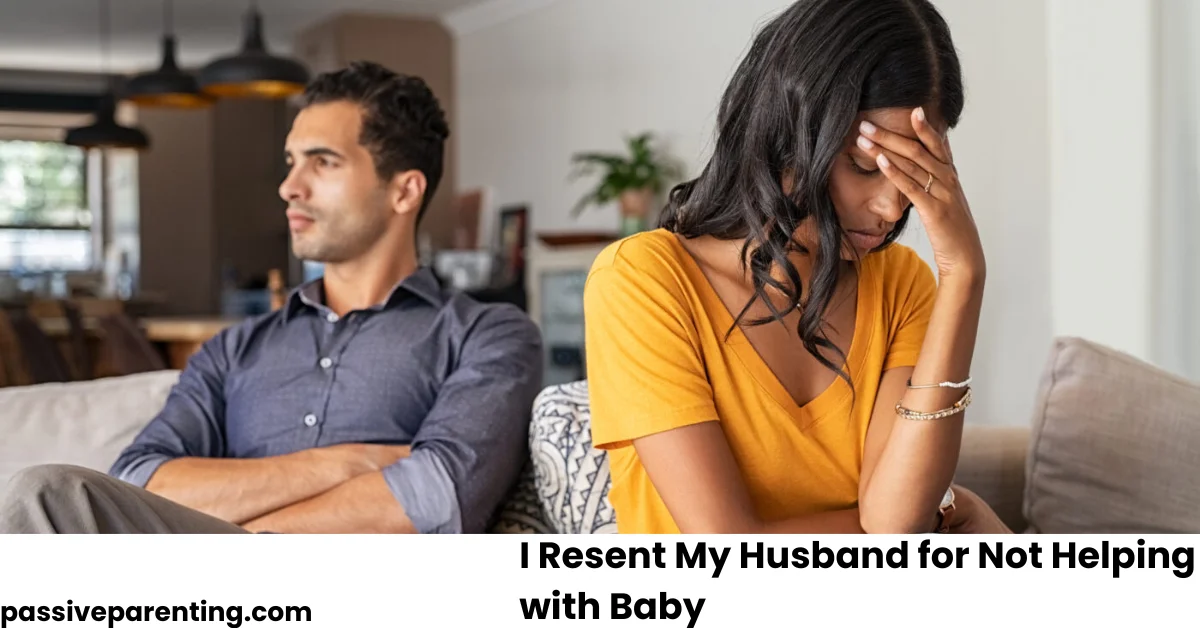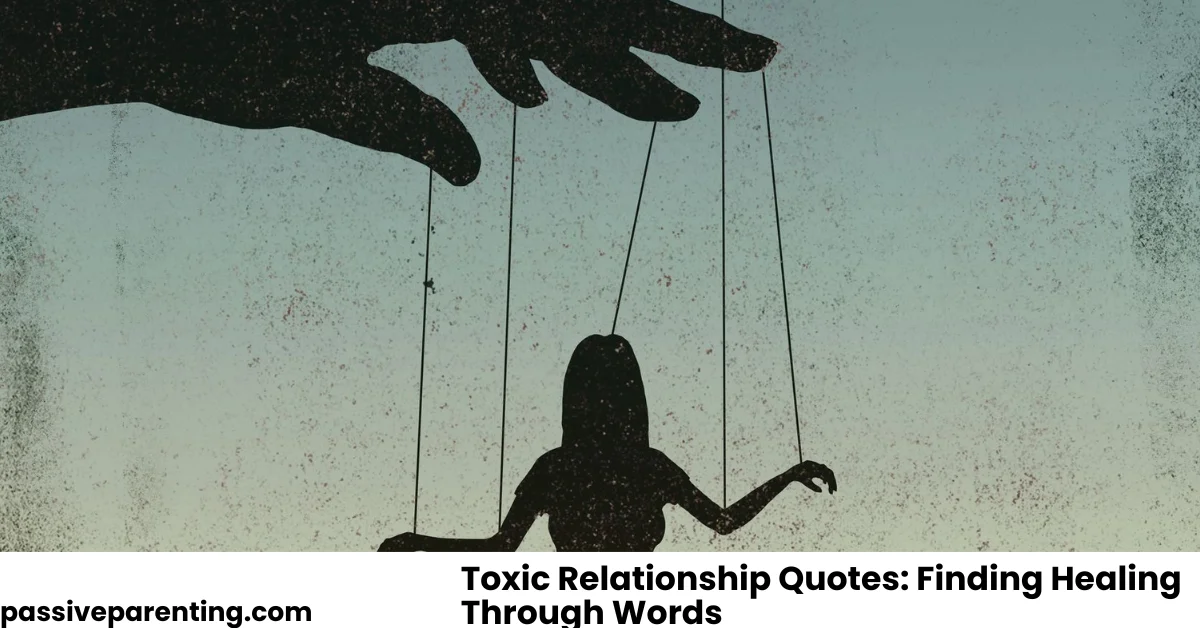Welcoming a new baby is a life-changing experience filled with love and excitement. Yet many new mothers quietly face an uncomfortable truth: I resent my husband for not helping with the baby. This feeling, known as postpartum resentment, is more common than many realize. It often stems from sleepless nights, hormonal changes, emotional overload, and unmet expectations.
In this article, you will learn the key reasons resentment builds after childbirth, how it can affect a relationship, and practical ways to ease tension and rebuild partnership before it harms your emotional health or marriage.
Why Do I Resent My Husband After Having a Baby?
You’re not alone if you’re resenting your husband after baby. Many women experience a flood of emotions in the postpartum period, from deep love for their child to growing resentment towards their husband. But why?
Common Triggers Include:
- Unequal division of responsibilities
- Feeling neglected by husband after baby
- Lack of emotional support during recovery
- Perceived indifference to your physical and mental exhaustion
Even in modern relationships, many mothers still shoulder the majority of infant care and household duties, leading to deep postpartum resentment towards husband that can build silently over weeks or months.
The Psychology Behind Postpartum Resentment Towards Husband
Experts suggest that postpartum resentment often stems from unmet emotional needs. After childbirth, a woman undergoes hormonal shifts, sleep deprivation, and identity changes. If her partner fails to provide support—emotionally or practically—this can spark feeling resentment towards husband.
Mental Load and Invisible Labor
Much of the resentment after baby is tied to the “mental load”—the behind-the-scenes thinking, planning, and remembering that often falls on the mother. When this load goes unnoticed, women feel undervalued, and resentment towards husband after baby becomes a daily undercurrent in the relationship.
Signs You’re Resenting Your Husband After Baby
Sometimes, the signs of resenting your partner aren’t always obvious. Here are some emotional red flags:
- You feel irritated by small things he does—or doesn’t do.
- You keep track of how often he helps (and how often he doesn’t).
- You fantasize about doing it all on your own.
- You avoid intimacy or communication.
- You’re starting to resent your husband but feel guilty for feeling that way.
These are clear signs of resentment towards spouse and should not be ignored. Left unchecked, resentment can become toxic and lead to long-term relationship damage.
Feeling Neglected by Husband After Baby: A Common Yet Painful Reality
Feeling neglected by your husband post-birth is one of the most painful postpartum experiences. While you’re recovering physically and mentally, your partner may return to normal routines, leaving you feeling isolated.
This emotional gap feeds statements like:
- “I’m starting to resent my husband.”
- “I resent my husband for sleeping while I’m up all night.”
- “I resent my partner for not even noticing how exhausted I am.”
The emotional distance can widen quickly if not addressed early and kindly.
Resentful of Husband: What No One Talks About
Many women feel ashamed to admit they’re resentful towards their husband. Social expectations often push the narrative that motherhood is blissful and marriage should remain strong through it all.
But postpartum life is messy, and resentment towards husband is a valid emotional response to imbalance, not a moral failing. Talking about it is the first step toward healing.
Disappointed in Husband After Baby? You’re Not Alone
Feeling disappointed in your husband after baby is incredibly common. This disappointment often comes from a mismatch between what you expected—and what actually happened.
Maybe you thought he’d be a hands-on dad. Or that he’d understand your unspoken needs. When those expectations aren’t met, it creates a deep sense of letdown that fuels resentment after baby.
How to Communicate When You Resent Your Husband
One of the hardest things to do when you’re resenting your husband is to talk to him about it. Yet, honest and gentle communication is your best path forward.
Start with:
- “I feel overwhelmed and I need help, even if I haven’t asked clearly.”
- “I know we’re both tired, but I feel invisible right now.”
- “I want to work as a team, but I don’t feel like we are one.”
Avoid blame, and focus on how you feel, not what he’s failing at. The goal isn’t to make him feel guilty—it’s to help him understand your reality.
How to Stop Resenting Your Husband After Baby
Healing postpartum resentment takes effort, awareness, and collaboration. Here are proven steps to help:
1. Redefine Roles
Sit down and list responsibilities. Talk about what’s working and what’s not. Be honest about needing help with nighttime feeds, diaper duty, or even alone time.
2. Validate Each Other’s Struggles
Resentment often stems from feeling unseen. Ask your partner how he’s doing, too. Shared empathy reduces emotional walls.
3. Schedule “Reset” Conversations
Set weekly check-ins to discuss what each of you needs and how you’re feeling—without distractions or phones.
4. Seek Professional Help
If your resentment feels unmanageable, postpartum couples counseling can be incredibly healing. Sites like BetterHelp or Postpartum Support International offer affordable virtual therapy.
Stay-at-Home Mom Resentment Towards Husband
Stay-at-home moms often feel deep resentment when their emotional and physical labor isn’t acknowledged. If you’re in this position, your feelings are valid.
You may think:
- “He gets to leave the house while I’m drowning.”
- “I don’t get breaks—even bathroom breaks.”
- “He relaxes after work, but I never stop working.”
This dynamic creates feeling resentful towards partner, and requires real conversations around support, appreciation, and rebalancing effort—even if your “work” is at home.
When It Goes Both Ways: Your Husband Resents You Too
While this article centers on maternal feelings, it’s possible your husband also feels resentment toward you. He may feel pushed out, underappreciated, or overwhelmed too.
Addressing mutual resentment takes vulnerability and honesty. Try asking:
- “Do you feel like we’ve been distant since the baby?”
- “Are there things I’ve missed about how you’re feeling?”
Both partners deserve support in the postpartum period—not just the birthing parent.
Why Do I Feel So Angry at My Husband After Baby?
If your frustration feels like rage, you may be experiencing postpartum rage, a lesser-known symptom of postpartum mental health challenges. You’re not “crazy” or “mean”—you’re overwhelmed.
Hormonal imbalance, sleep deprivation, and stress all contribute. Talk to a medical professional if you feel out of control, angry often, or emotionally volatile. These symptoms are treatable and not your fault.
When Resentment Towards Husband Turns to Emotional Distance
Unresolved resentment leads to:
- Emotional withdrawal
- Loss of intimacy
- Frequent arguments or avoidance
- Considering separation
If you’re thinking, “Do I resent my partner too much to stay together?” that’s a signal to seek help—not a sign of failure. With the right tools, many couples recover and thrive after the baby phase.
How to Not Resent Your Husband: Long-Term Prevention
Prevention is more powerful than repair. Here are habits that protect your relationship:
- Share the parenting load intentionally
- Celebrate small wins together
- Thank each other daily
- Create couple-only time (even 15 minutes helps)
- Name resentment early, not after it festers
Learning how to not resent your husband is about building partnership in real-time—not perfect conditions.
What to Do If You’re Resentful of Your Partner and Don’t Know Where to Start
If you’ve thought, “I resent my boyfriend,” or “I feel resentment towards my partner,” but don’t know how to move forward, you’re not alone.
Your Next Steps:
- Journal your emotions to gain clarity
- Choose a calm moment to open the conversation
- Use support groups or talk to a maternal therapist
- Don’t wait for “rock bottom” to ask for change
You deserve a partnership that supports you—and your baby deserves two connected, emotionally well parents.
FAQs About Resentment After Baby
Final Thoughts: From Resentment to Repair
Feeling resentment towards husband after baby is not a failure—it’s a signal that something isn’t balanced. You’re allowed to feel tired, frustrated, and let down. What matters most is what you do next.
Whether you’re feeling neglected, starting to resent your husband, or wondering how to stop resenting your partner altogether—know this: You are not broken. Your relationship is not doomed. And you don’t have to carry this alone.




